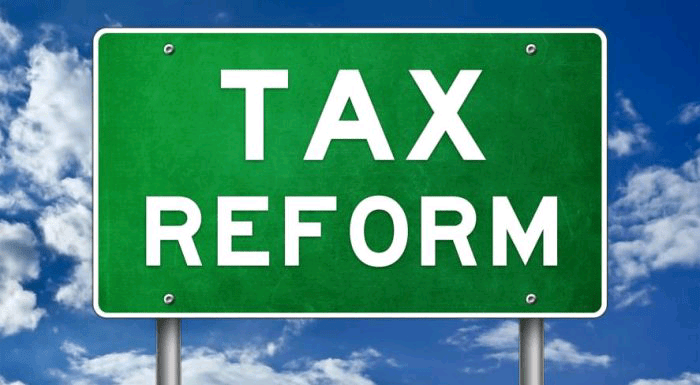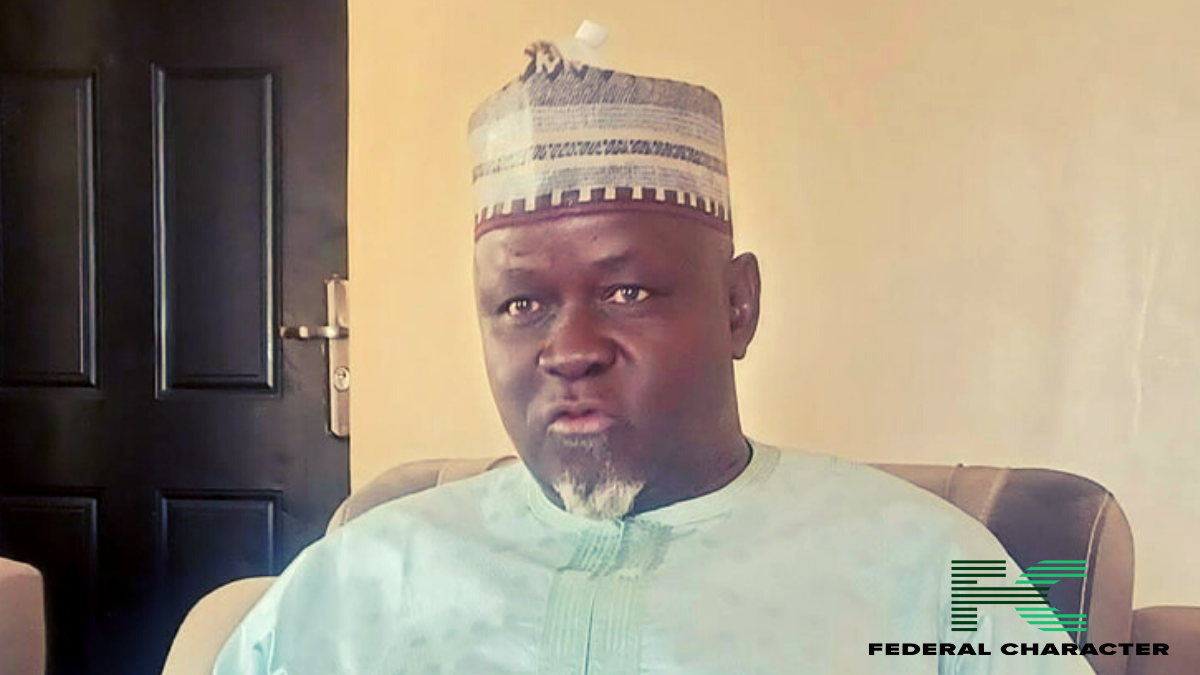The Federal Government has started a new programme that will give millions of naira to students who help promote the new tax rules. The announcement came from Taiwo Oyedele, chairman of the Presidential Committee on Fiscal Policy and Tax Reforms, who said the plan is a “Tax Reform Challenge” for students and recent graduates.
He said students in universities, polytechnics, and NYSC can join. They will read the new tax laws and then create content like articles, videos, podcasts, radio shows, or social media posts to explain or discuss the reforms. The best content will win cash prizes. The top winner gets five million naira. Second place gets three million, and third place gets two million. There are also gadgets, internships, job opportunities, and Tax Reform Ambassador titles for others who do well.
According to the organisers, students are free to criticise the new tax laws. They only want content that educates and engages the public. They believe this programme will help people understand tax matters better and help young Nigerians join the conversation about national finance.
Now, we have heard the official version. Let us talk about what this really means.

A Smart Idea Or A Clever Control Strategy?
On the surface, this plan looks like a good idea. Many young Nigerians do not understand tax systems. The country needs better tax education. Yes, that is true. However, when government starts giving big money to students to promote its policies, it also prompts serious questions.
Is this real education, or is it controlled publicity? anytime power offers money for “support content,” even if they say criticisms are allowed, the goal is still influence. Young people in school are struggling. Jobs are few. Money is tight. You offer millions? Most will praise the policy just to win. Are we building knowledge or building fans for government decisions?
Youth Engagement Or Image Management?
Nigeria is facing hardship. Food prices high. Electricity tariff high. Fuel cost heavy. Many young people already feel left behind. So, some people ask: is this tax challenge really about youth empowerment, or is it a soft way to make students defend tough tax policies so the public will accept them faster?
Government knows students are strong voices online. If youths speak for them, it looks more natural than officials doing it. So this looks like a communication strategy, not only an education effort.
Money To Students, But Who Is The Real Winner?
The total prize is ten million naira for winners. Yes, that sounds big. But think about the bigger picture. The real win goes to the government if thousands of youths start praising new tax policies for free, hoping to win.
Public opinion work is expensive normally. But here, young people will do it willingly because of the hope of winning.
This is mentorship mixed with marketing. It is smart, but it is also strategic influence.
It looks good in writing, but some Nigerians feel like this is more like paying people to shape national thinking.
What About The Bigger Work?
Nigeria does not only need tax education. The real problem is tax justice. The biggest companies and richest individuals often avoid tax. Government does not need videos from students to fix that. They need strong systems.
Instead of giving money to students, many youths would prefer:
•tax breaks for small businesses
•easier business registration
•stable power supply
•jobs
•lower VAT or relief on food
•punishment for big tax offenders
People want fairness first before slogans and ambassadors.
Will This Build Trust Or Distrust?
Nigerian youth are sharp. Many already ask: why is government spending millions to sell tax laws instead of reducing the burden? Why not put this money into scholarship or startup grants?
Trust in leadership is low. So even a good idea can look suspicious. The mistake is not the programme itself. The problem is timing. If the economy was normal, we might all clap. But right now, it feels like the state is trying to shape our minds before we complain.

















